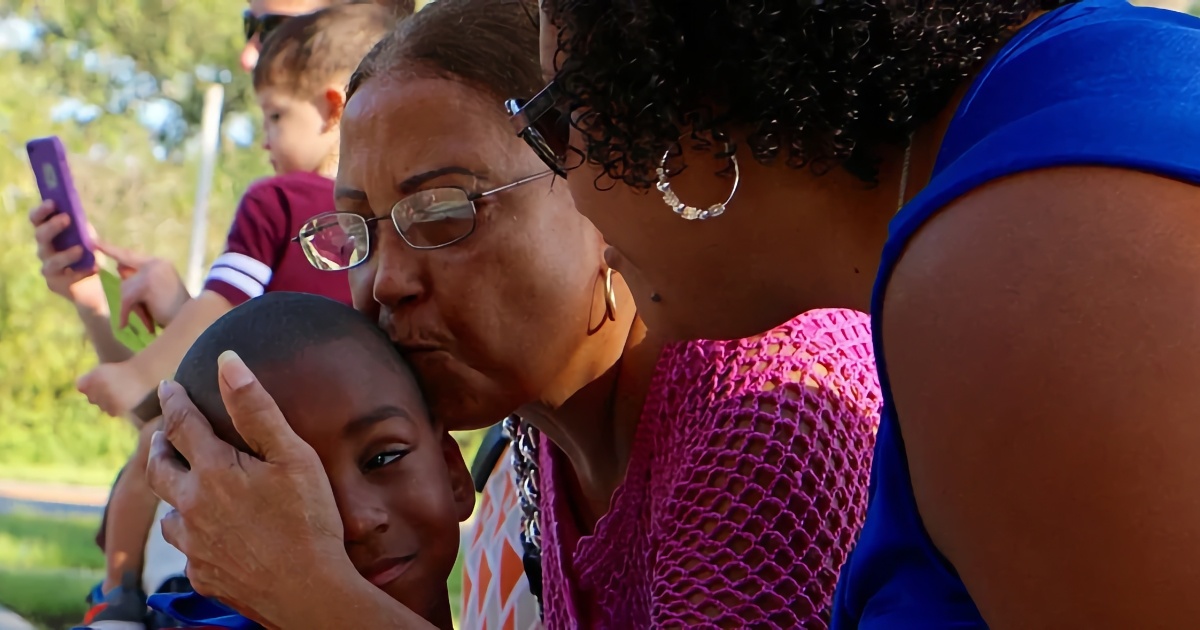
Feb 16, 2016 12:00:00 AM
My skin starts to crawl whenever I hear the issue of parental involvement raised in discussions about education equity. Not because I don’t believe it’s relevant or has any bearing on educational outcomes. Rather I feel it’s a coded way of saying something else. Something that pathologizes poor communities and shirks duty of schools to be responsive. Something that is presented as the solution to the most persistent disparities in education.
Too often when I’m in casual conversations or meetings with parents, legislators or other teachers, when the topic of “equity” or the “achievement gap” is raised, the discussion gradually shifts to the families. It typically begins with a comment like, “Well, you know education starts in the home” or “I think it just comes down to the parents.” It sounds innocent enough. But, if you listen for it, you might hear it too.
There is merit to these statements of course. Evidence exists to show that family is indeed the first institution of learning. The level of educational attainment of the parents is a significant indicator in the achievement of the children. Parents who are actively involved in the academic lives of their students exert a measurable influence on their child’s performance. As a teacher, I loved when parents viewed their child’s schooling as a joint-enterprise. These are the parents who inquire about their child’s homework, ask about their grades and take action if ever their child gets in trouble. You’d be hard pressed to find a teacher who doesn’t desire that sort of partnership.
The problem with “parental involvement” as a cure-all for the achievement gap is that it’s not realistic.
In high-poverty schools, parents may not be as readily available to serve on the PTA, but this doesn’t mean they don’t care. This happens for a myriad of reasons and not all of them can be chalked up to negligence or bad parenting. Many parents in low-wealth communities are non-traditional families and may work several jobs to provide for their household, so they might not be around at the end of the school day to help with homework. They may not be able to come to parent-teacher conferences or school-sponsored events because for an hourly-wage earner, one hour at the school is a significant financial sacrifice. Under these circumstances, the expectation that parents engage at a high-level is unreasonable.
During my six years of teaching in urban schools in Rockford, Illinois, and Charlotte, North Carolina, I have seen my fair share of parents who certainly did not uphold their end of the educational bargain. I’ve seen the struggles of students whose home life was dysfunctional. But for the majority of my “less-involved” parents, putting food on the table and keeping the lights on was as much as they could do.
I bristle at the notion of parental responsibility as the be-all, end-all explanation because it doesn’t lead to a solution. It shifts the conversation from how the schools should respond to the needs of students and instead centers the conversation on the household. It makes no mention of the responsibility of the educational system.
What if a child comes from a broken-home, or doesn’t have the academic supports they need? How should we respond as an institution? Instead it makes the educational success of students a matter of chance determined by a “parental-lottery” of sorts. It feels like a not-so-clever way of essentially saying, “There’s nothing we can do as educators. Schools can’t raise these kids and teachers can’t do it all.”
Truly achieving equity requires us to radically rethink how we can give every child, no matter what their family circumstances, equal educational opportunity. This means creating new school models that respond to the diverse academic, social and emotional needs of our students. It’s true, schools can’t “do it all.” But we do have an obligation to do all we can.
James E. Ford is the 2015 North Carolina State Teacher of the Year and a member of the National Network of State Teachers of the Year. He currently is the Principal Consultant at Filling the Gap Educational Consultants and is a first year doctoral student at UNC-Charlotte. Ford earned a bachelor of science in mass communication from Illinois State University in 2003 and a master’s degree in teaching from Rockford University in 2009. Before deciding to become a teacher, Ford’s early career cemented his connection to children and youth. He worked as a truancy intervention specialist in high schools and director of a teen center that provided educational and after-school activities for youth at risk of dropping out of school. Ford was recognized as Charlotte Magazine’s Charlottean of the Year, and the National Alliance of Black School Educators’ Teacher of the Year.
The story you tell yourself about your own math ability tends to become true. This isn’t some Oprah aphorism about attracting what you want from the universe. Well, I guess it kind of is, but...
If you have a child with disabilities, you’re not alone: According to the latest data, over 7 million American schoolchildren — 14% of all students ages 3-21 — are classified as eligible for special...
The fight for educational equity has never been just about schools. The real North Star for this work is providing opportunities for each child to thrive into adulthood. This means that our advocacy...
Your donations support the voices who challenge decision makers to provide the learning opportunities all children need to thrive.
Ed Post is the flagship website platform of brightbeam, a 501(c3) network of education activists and influencers demanding a better education and a brighter future for every child.
© 2020–2024 brightbeam. All rights reserved.
Leave a Comment